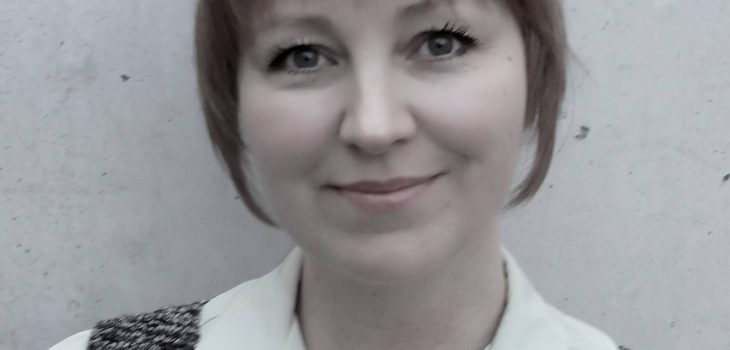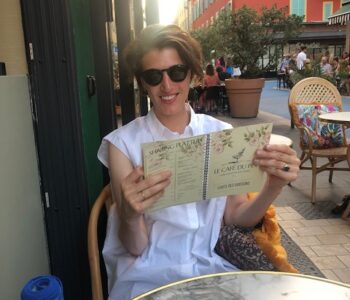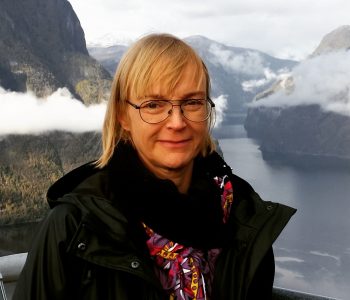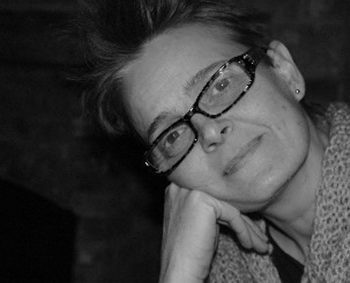 Our researchers
Our researchers
Árdís: Our field researcher in Greece and Italy
Árdís K. Ingvars is an adjunct in Sociology and a researcher at the RIKK Institute, at the University of Iceland. Currently she is focusing on the experiences of queer refugees who are deported from the Nordic states to Italy and Greece on the Dublin grounds. She is, furthermore, associated with the Centre for Gender Studies at Karlstad University where she follows refugee activist from a previous study in Greece, as they un-settle in Germany.
Árdís is the project’s field researcher and is responsible for conducting interviews with SOGIE refugees that have been deported via the Dublin convention to Greece and Italy. The intent of this part of the project is to investigate social experiences of reception, integration and deportation of SOGIE refugees. Our overall aim to improve policies, increase acceptance of diverse queer experiences, and procure an interactive online information site, for queer refugees.
In the past, Árdís has published the following research:
Proactive reciprocity: educational trajectories reclaimed through patterns of care. In M. Inhorn and L. Volk (eds), (Un)Settling Middle Eastern Refugees: Regimes of Exclusion and Inclusion in the Middle East, Europe, and North America (p.149-165). Berghahn Series on Forced Migration.
Muligheder for arbeidsinkludering: Perspektiver fra Island [e. Opportunities for work inclusion: perspectives of people with intellectual disabilities in Iceland] (Co-authored with Stefan Hardonk). In H. Gjertsen, L. Melbøe, H. Hauge (eds), Arbeidsinkludering for personer med utviklingshemming (p. 77-89). Oslo: Universitetsforlaget
Border masculinities: Emergent subjectivities through humanity, morality and mobility. PhD, Sociology, University of Iceland. Reykjavík: University Press.
The Social Butterfly: Hunted Subjectivity and Emergent Masculinities among Refugees. NORMA: International Journal for Masculinity Studies, 14(4), 239-254.
Moral mobility: Emergent Refugee Masculinities among Young Syrians in Athens. (co-authored with Ingólfur V. Gíslason). Men and Masculinities, 21(3), 383-402.


